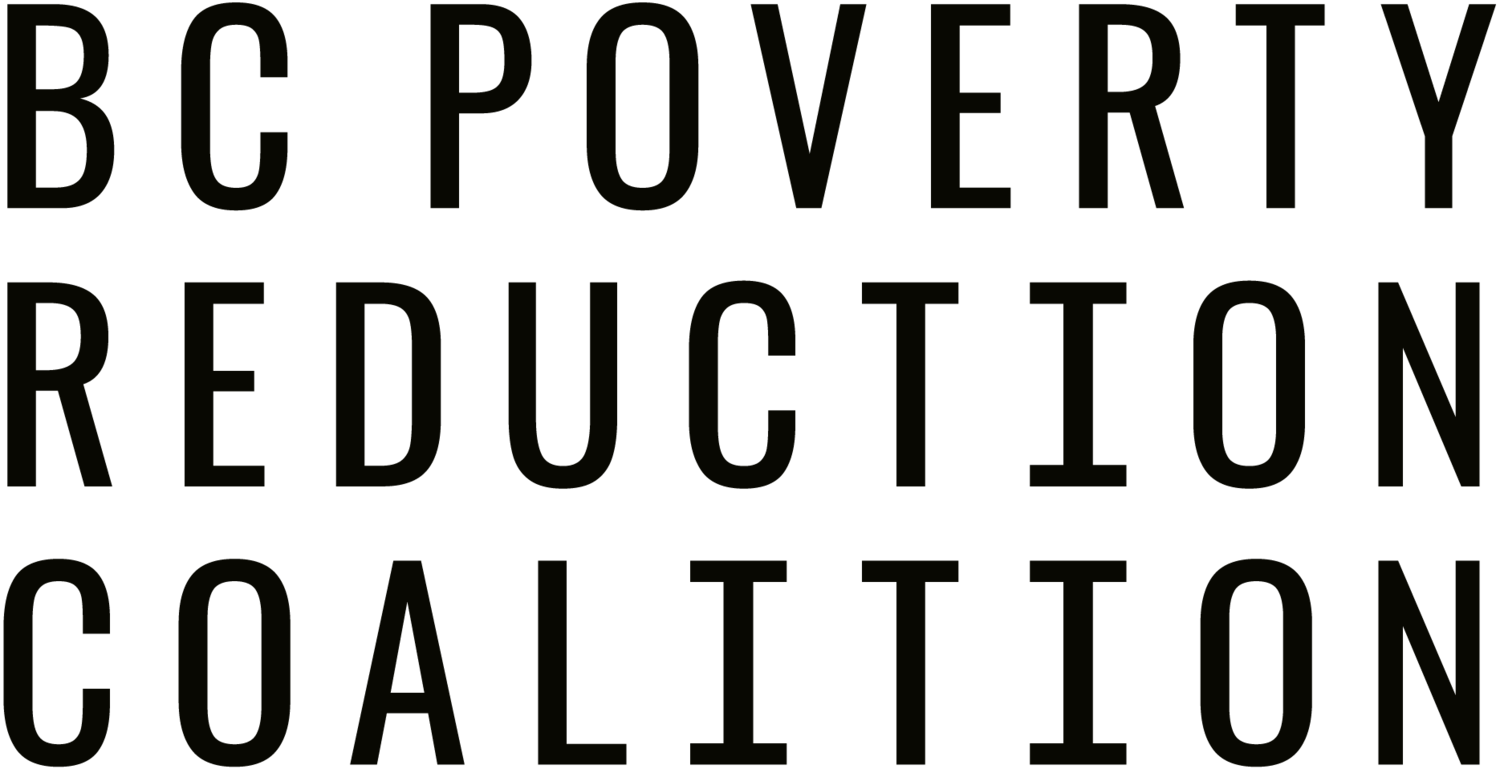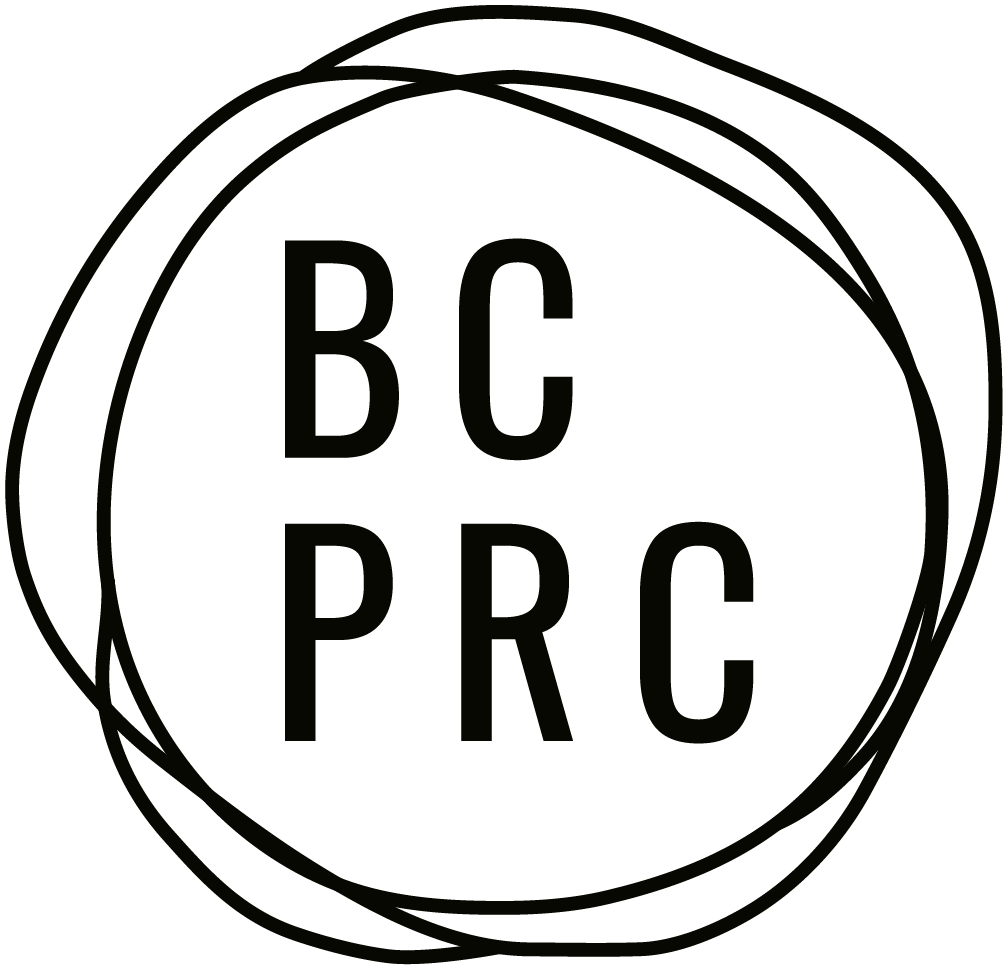Equity
Tackling systemic inequality and colonialism, racism, ableism, heterosexism, transphobia, and gender inequality. Leave no one behind.
We are living in turbulent times. Globally and locally, mobilized citizens and institutions are taking bold action against the interlocking systems of discrimination and hate that oppress people. Our efforts to dismantle racial inequality, colonialism, heterosexism, transphobia, ableism, and gender inequality, are inextricably linked to ending poverty for those most impacted. Our work must continue to intensify and prioritize policy to that end.
Equity, defined broadly as the notion of everyone being treated fairly, is linked to the concept of substantive equality. Substantive equality is a fundamental aspect of human rights law concerned with equitable outcomes and equal opportunities for disadvantaged and marginalized people and groups in society. The BCPRC upholds that equity is not negotiable, but a human right.
Our Equity principle addresses who is excluded or disenfranchised due to a lack of proactive equity measures, and guides our work around decolonization, racial justice, LGBTQIA2S+ rights, gender equality, and disability rights. We build public awareness about substantive equality and equity in relation to economic, social, and cultural rights.
Our recommendations:
Address the needs of those most likely to be living in poverty and impacted by intersecting colonialism, racism, ableism, heterosexism, transphobia, and gender inequality.
Implement all 46 articles of the United Nations Declaration on the Rights of Indigenous People.
Address the unique needs of systemically disadvantaged groups to access all services, including targeted measures to remove barriers to access and tailored supports.
Implement stigma auditing within all provincial ministries to address stigma in service delivery throughout government.
Amend the B.C. Human Rights Code, RSBC 1996, c210 to prohibit discrimination and harassment based on social condition.
Guarantee access to income and disability assistance for all regardless of immigration and citizenship status.
Amend the Commencement of Enrolment Policy (MOC 15-074) to remove the wait period for all new and returning BC residents coming from outside of Canada and ensure access to health care upon arrival.
Establish stand-alone pay equity and pay transparency legislation.
Provide training for frontline ministry workers, judges, police, housing, and medical staff in trauma-informed service provision to ensure people who access services are treated with compassion, patience, and understanding.
Implement investments and policies to target LGBTQIA2S+ poverty.
Implement a National Action Plan for Violence Against Women and Gender-Based Violence, and a provincial sexual assault policy, with mandatory training and increase investment in services and supports for those escaping domestic violence.
The BC Human Rights Commission to prioritize stigma-auditing areas of law and policy that most directly impact highly stigmatized populations including sex workers in areas such as:
Public space governance,
Income assistance and disability policy,
Housing policy and residential tenancy law,
Child welfare law and policy,
Policing law and policy,
Health policy related to mental health and substance use,
Privacy law as it relates to people who live in public spaces and people who are criminalized as a result of poverty and substance use.
Implementation of all recommendations in the following reports: Truth and Reconciliation Commission of Canada: Call to Action, and Reclaiming Power and Place: The Final Report of the National Inquiry into Missing and Murdered Indigenous Women and Girls.
Designation of ASL/LSQ as official languages.



